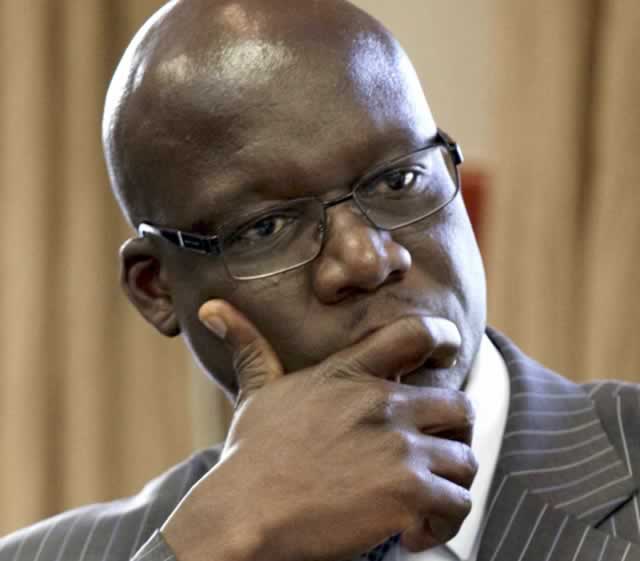Govt relaxes medical advertising rules

Paidamoyo Chipunza Senior Health Reporter
Government has relaxed the advertising policy for the medical sector in a bid to increase public awareness on essential health services available locally, president of the Health Professions Authority (HPA) Dr Adolf Macheka has said. Speaking at the HPA’s annual congress held in Harare on Friday, Dr Macheka said Zimbabwe was lagging behind in providing information to the public on what services were available.
This is in contrast to what is happening in other countries.
“The current legislation does not allow advertising and severely restricts even provision of simple health-related information to the public hence the need for a review of the legislation in order to embrace technological advances, emerging concerns and changing international best practices,” said Dr Macheka.
He said in reviewing the advertising policy, the HPA weighed the merits and demerits of advertising for commercial purposes versus advertising for public awareness.
He said the advertising policy had since been relaxed and was now in place. He said this would see amendment of Section 135 of the Health Professions Act, which prohibits advertising of professionals.
“That is the process we are currently doing of amending this section and after this, both the advertising policy and the proposed amendments to the Act will be submitted to the minister for his approval,” said Dr Macheka.
Dr Macheka said the HPA was also working on a one-stop shop for registration of service providers in line with Government’s policy on ease of doing business to attract foreign investments.
Currently, service providers are required to register with different medical institutions before they get approval to operate in Zimbabwe. “The one-stop shop would eliminate much of the bureaucracy and duplication of processes that are behind the over-regulation of the medical industry,” he said.
He said in line with international trends, the HPA had unveiled an electronic register for all its registered members, which members of the public could easily access from any part of the world.
“We realised that one of the reasons why there has been so much traffic of patients to other countries for health services was partly because of lack of knowledge by the patients on availability of such services locally. Thus this register will assist patients to locate health service providers available in the country by location, town or province,” said Dr Macheka.
He said to date, a total of 3 500 health service providers had been registered both in private and public health sector.
In the same vein, Dr Macheka said foreign doctors who offered follow-up care through telephone to their patients whom they would have treated from their countries were now required to register in Zimbabwe.
He said while tele-health makes it possible for health service providers to connect with their patients after treatment, the public also needed to be protected from unscrupulous, incompetent and impaired practitioners. He said accordingly, the HPA had come up with a generic regulatory model regulating tele-health, which provides for registration of any doctor intending to practise tele-health in Zimbabwe among other principles.
“The principle behind tele-health regulation is to come up with some form of recourse when patients are treated across boarders. Currently, there is no law that address patients’ concerns in cases of malpractice or adverse effects that might arise,” he said.
Health and Child Care Secretary Dr Gerald Gwinji, who officially opened the congress, welcomed HPA’s initiatives on relaxing medical regulations to ease doing of business in Zimbabwe.
He said this would go a long way in attracting foreign investors and making health services available and accessible in the country.
“We are saying the process must not be impeding on people who want to open health institutions. It is not only about the process but the costs that one has to pay at every stage in order to be able to register and obtain a licence to operate,” said Dr Gwinji.
He commended HPA’s electronic register, which he said was long overdue compared to the health sector of other countries.
“This is what is happening in other countries and as Zimbabwe, we were lagging behind. There are various specialist services available in Zimbabwe but because that information was not readily available to the people, patients were going to other countries to seek such specialist services,” said Dr Gwinji.








Comments